// Co-op has paid out bonuses to top exec members as it held on to £65m in taxpayer support
// Group CEO Steve Murrells received £1.4m bonus; Co-op Food CEO Jo Whitfield’s bonuses were about half of her £1.4m earnings
// 8000 senior staff – including store managers – will receive a bonus on average of about 10% of salary
The Co-op has paid bonuses to top management despite withholding £65 million in taxpayer-funded business rates relief it received to help it trade through Covid-19.
According to the firm’s annual report, group chief executive Steve Murrells earned £2.2 million in 2020, which included a £1.4 million bonus.
Meanwhile Jo Whitfield, who runs the Co-op’s food division and chain of grocery and convenience stores, earned £1.4 million – of which about was in bonuses.
READ MORE:
- Co-op to hand top executives bonuses while withholding £65m Covid funding
- Co-op’s chief customer & membership officer to exit
- Co-op to double franchise estate by year end
In total, six senior management members received at least six-figure bonus payouts.
However, the annual report also showed that the remuneration committee decided to use “discretion” to reduce the size of the executive bonuses, which included amounts deferred from the Co-op’s previous financial year.
A Co-op spokesperson said this meant the actual annual bonus amount payable was at a similar level to 2019.
Meanwhile, 8000 senior staff – which includes store managers – will receive a bonus on average of about 10 per cent of salary.
Bonuses were calculated based on an operating profit figure that excluded all government support.
The news comes after the Co-op Group reported revenue growth for the 51 weeks to January 2, thanks to “another good year” for its food business.
The Co-op Group’s revenue reached £11.5 billion from £10.9 billion the year prior, with its food stores enjoying sales growth of 3.5 per cent and like-for-like sales jumping by 6.9 per cent.
The group’s profit also jumped to £127 million compared with £24 million the year prior.
The Co-op said it would give back only part of the total £82 million in government support it received.
This repayment equates to £15.5 million which was used to pay furloughed employees’ wages.
It did not include the £65 million in business rates relief it received from the government, even though the Co-op was able to keep its 2500 food stores open during lockdowns and also benefited from a surge in home cooking as restaurants and pubs were closed.
More than a quarter of the total business rates relief – worth more than £3 billion – provided in the 2020/21 tax went to “essential retailers”, according property advisory firm Altus Group.
More than £2 billon of that was repaid from the Big 4 retailers, Aldi, Lidl and several other essential retailers.
The Co-op is not the only retailer refusing to hand back the business rates support.
Marks & Spencer, which operates hundreds of food stores, and John Lewis Partnership, which owns the Waitrose chain, also did not pay back the taxpayer funded support.
The Co-op said it recorded £84 million in Covid-related costs during the year, including additional new colleagues, increased colleague absence linked to the virus, a colleague “Thank You” reward and the purchasing of personal protective equipment.
It also opened 56 new Co-op stores, while a further 105 were refitted and 13 more were extended.
The Co-op’s online offer also expanded significantly during the year, with 800 stores now providing food to homes via delivery partners.
Click here to sign up to Retail Gazette‘s free daily email newsletter


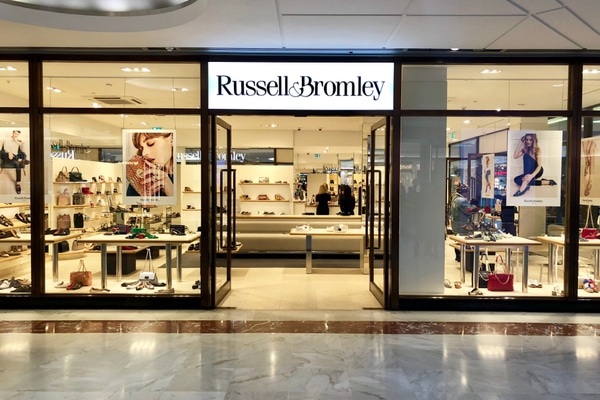




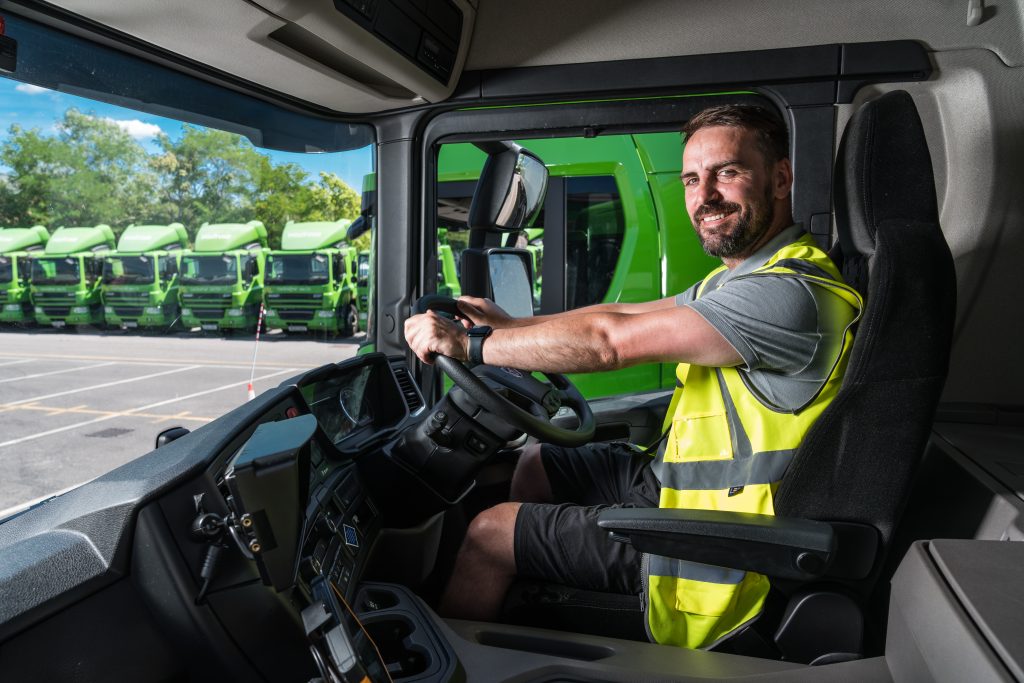
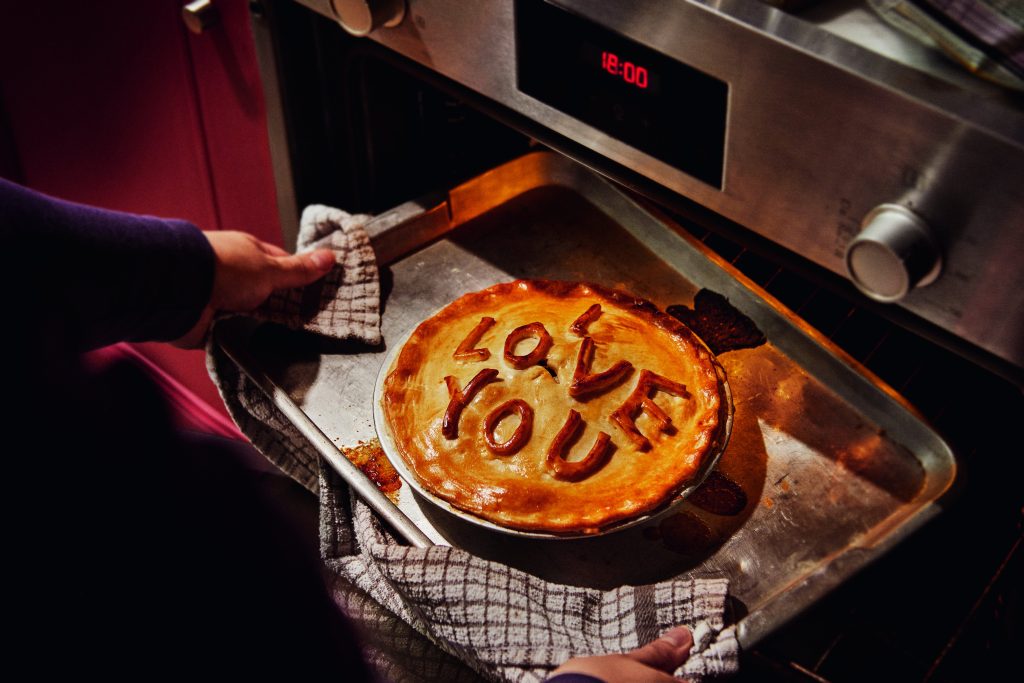

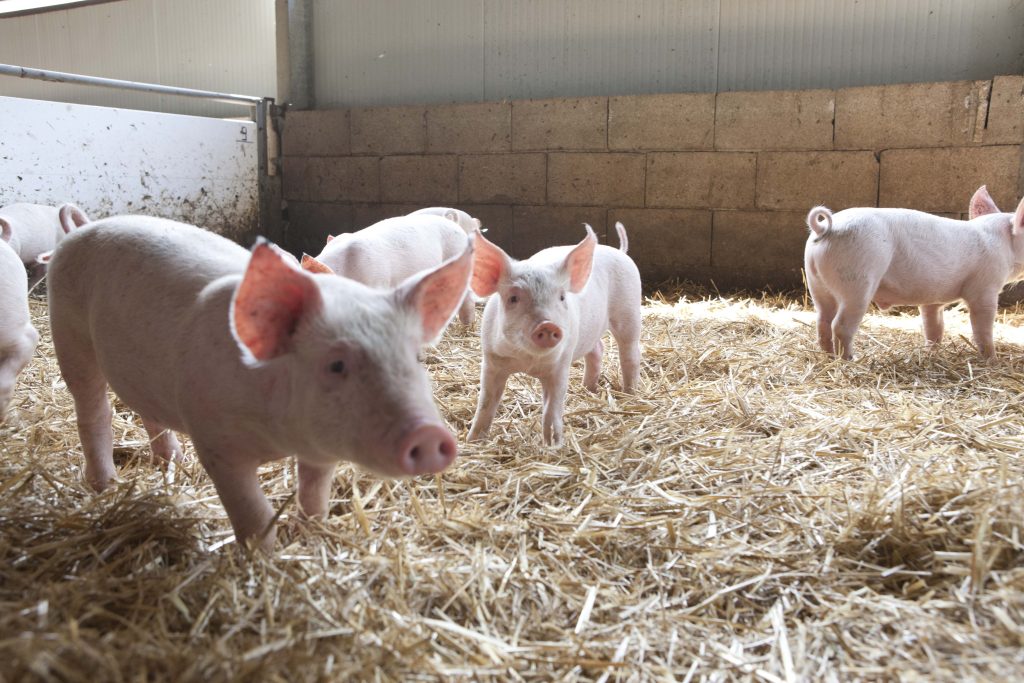
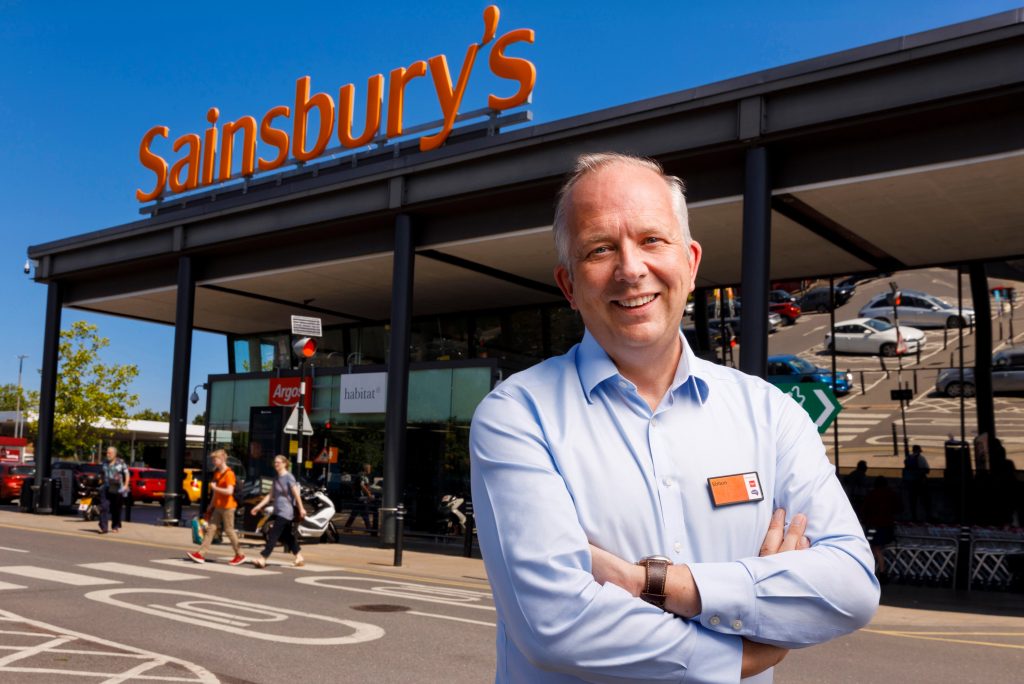

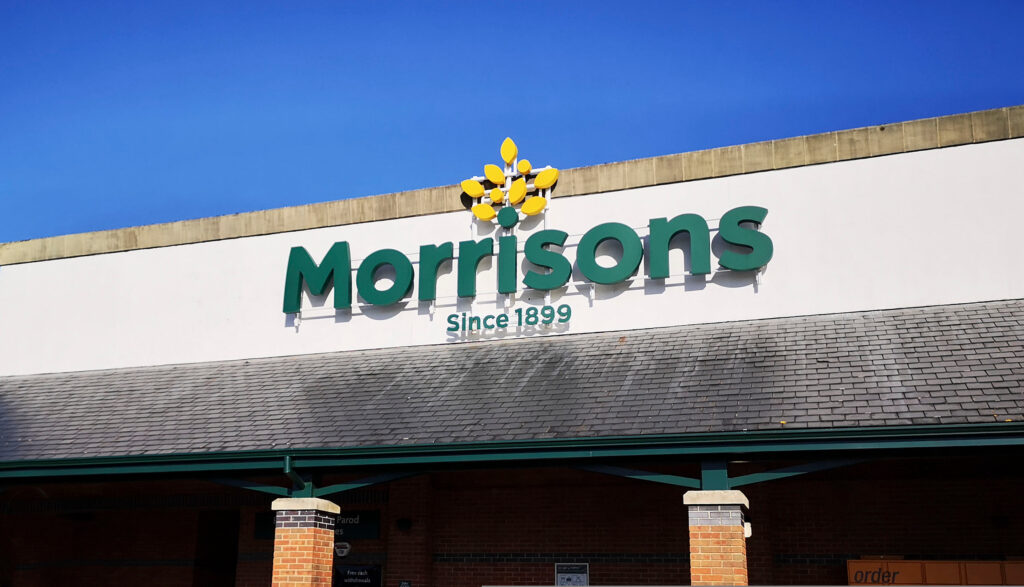
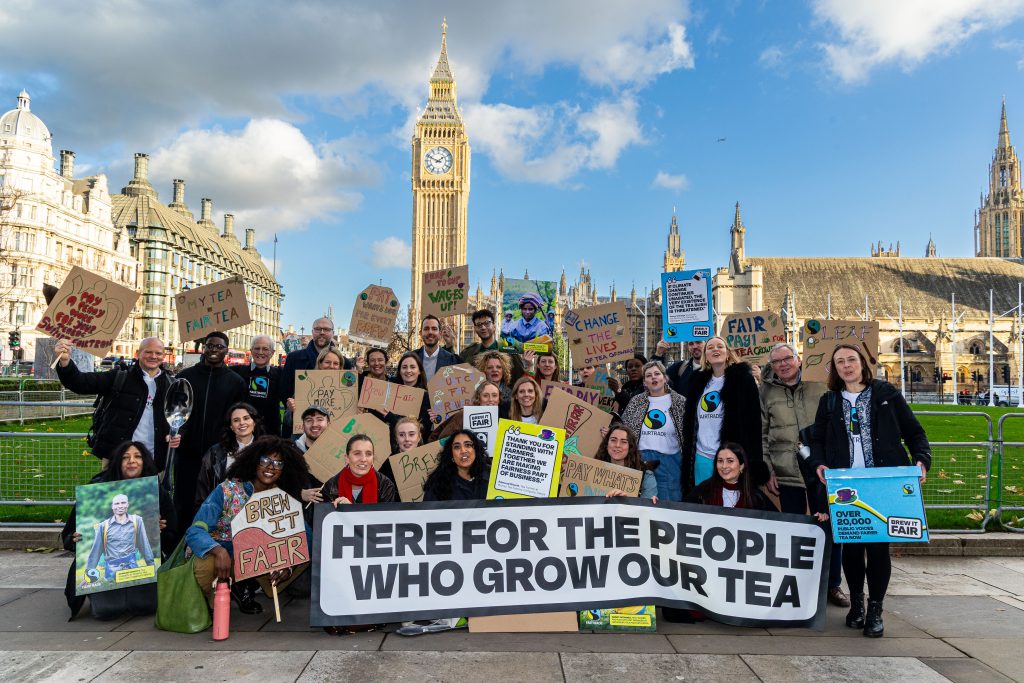
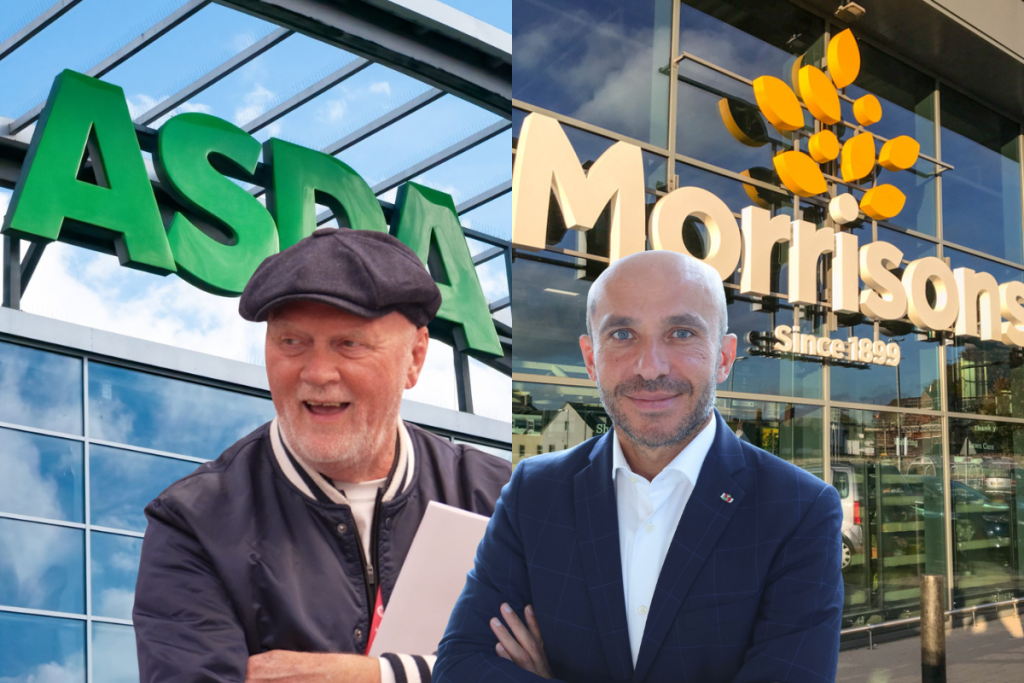
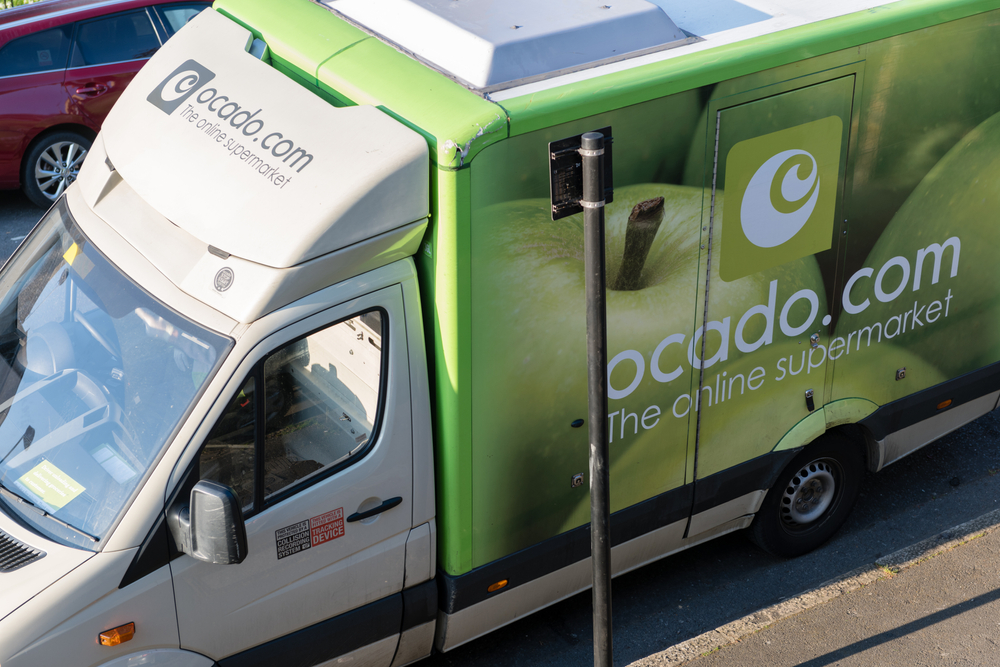


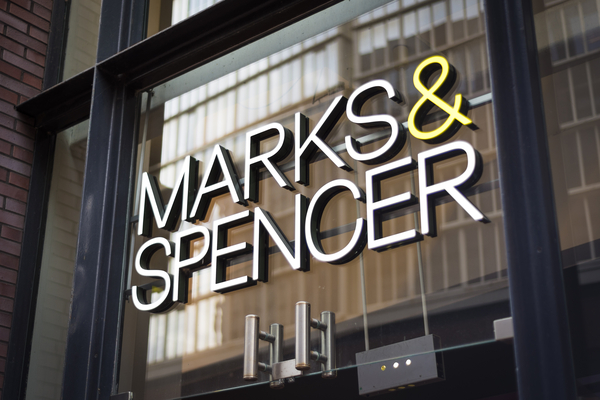

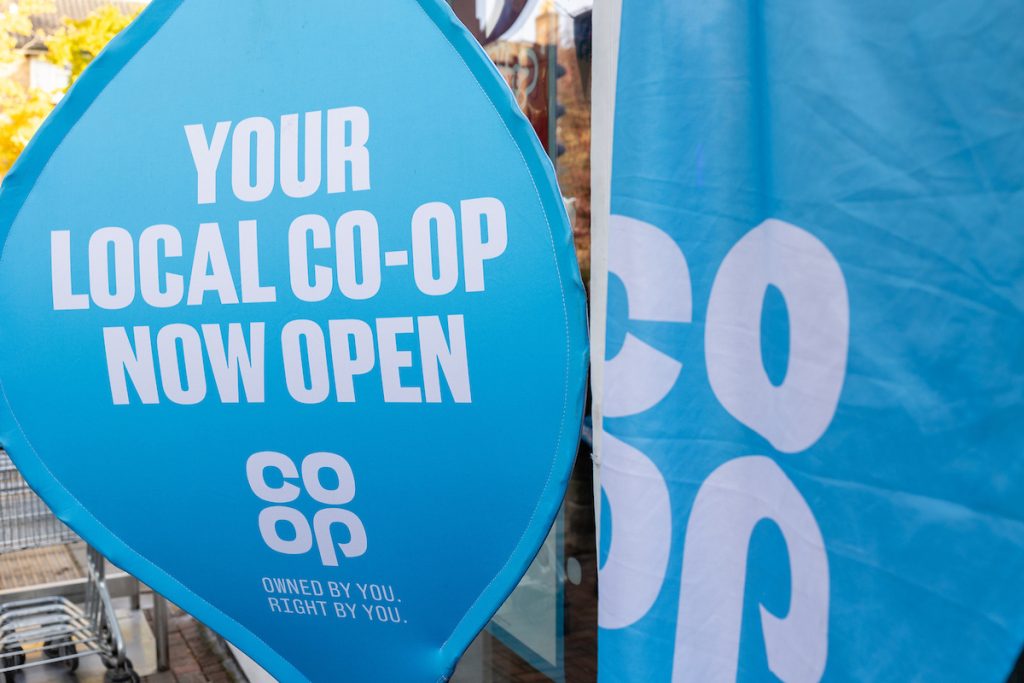

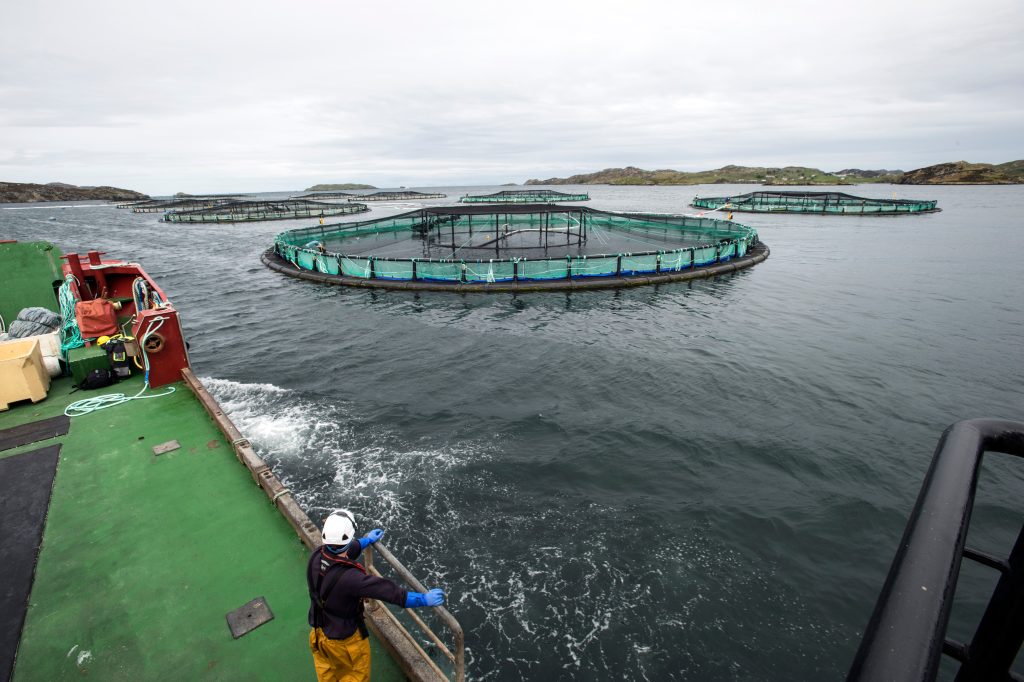
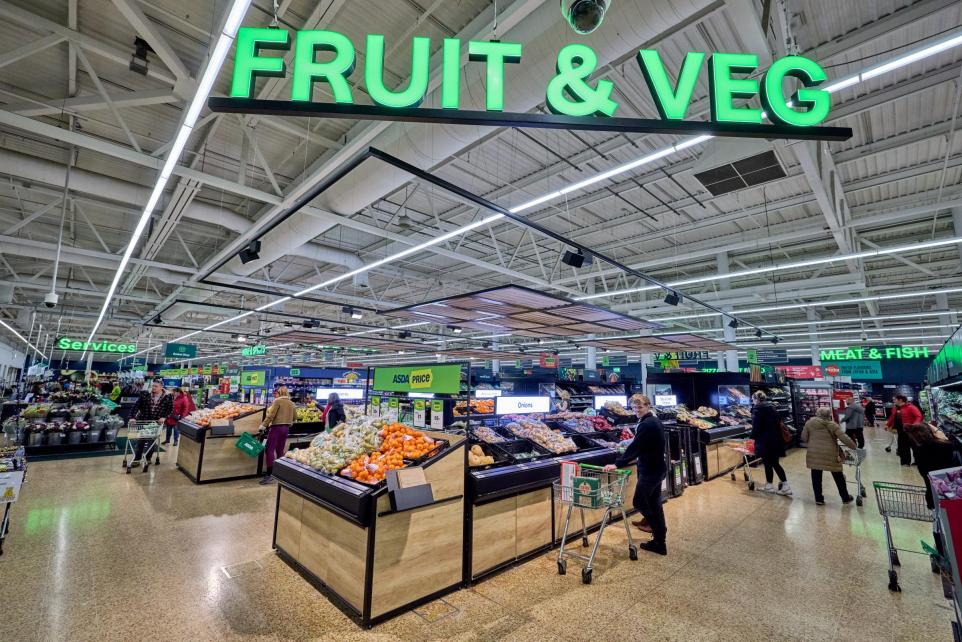
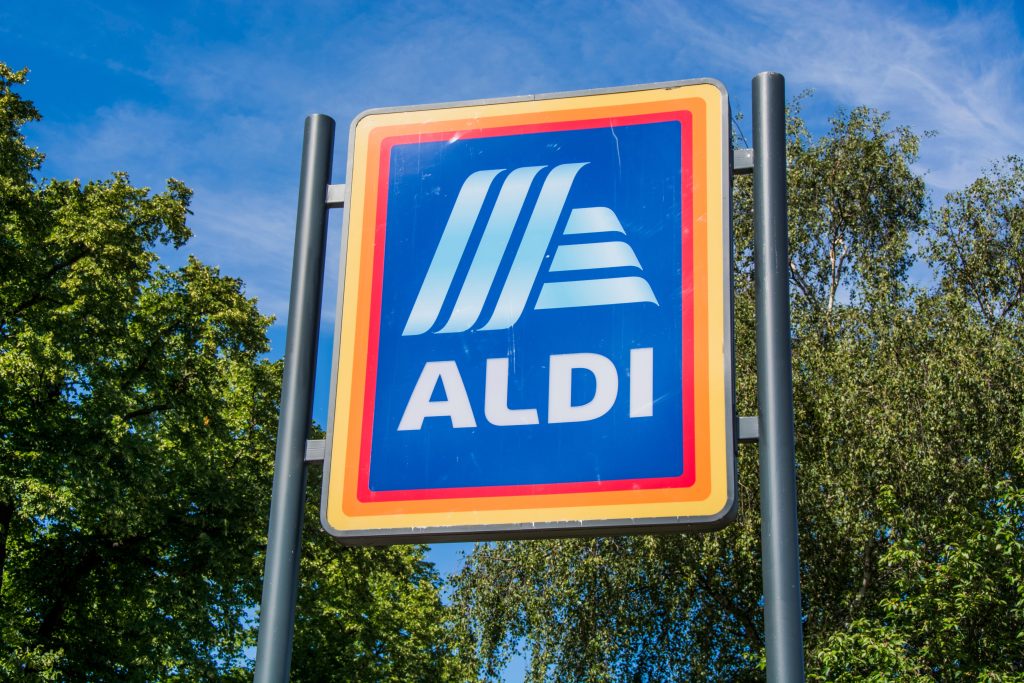



2 Comments. Leave new
Unlike the Co-op to cheat taxpayers out of their money.
Co-op hasn’t had morals for years. Over priced food, lowest store pay in the industry, low quality food, scandals and poor management. I wish it could be sold to a better operator like Morrisons who have no convenience stores.